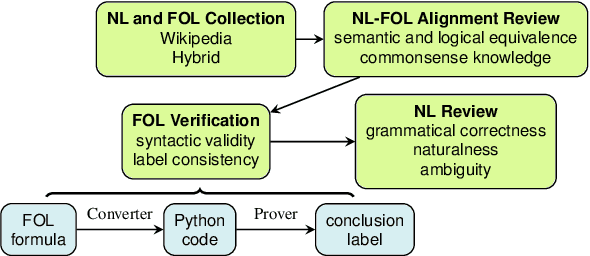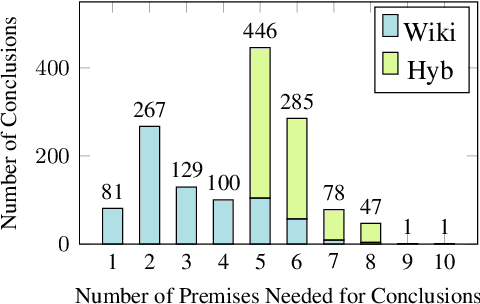Matthew Burtell
Artificial Influence: An Analysis Of AI-Driven Persuasion
Mar 15, 2023Abstract:Persuasion is a key aspect of what it means to be human, and is central to business, politics, and other endeavors. Advancements in artificial intelligence (AI) have produced AI systems that are capable of persuading humans to buy products, watch videos, click on search results, and more. Even systems that are not explicitly designed to persuade may do so in practice. In the future, increasingly anthropomorphic AI systems may form ongoing relationships with users, increasing their persuasive power. This paper investigates the uncertain future of persuasive AI systems. We examine ways that AI could qualitatively alter our relationship to and views regarding persuasion by shifting the balance of persuasive power, allowing personalized persuasion to be deployed at scale, powering misinformation campaigns, and changing the way humans can shape their own discourse. We consider ways AI-driven persuasion could differ from human-driven persuasion. We warn that ubiquitous highlypersuasive AI systems could alter our information environment so significantly so as to contribute to a loss of human control of our own future. In response, we examine several potential responses to AI-driven persuasion: prohibition, identification of AI agents, truthful AI, and legal remedies. We conclude that none of these solutions will be airtight, and that individuals and governments will need to take active steps to guard against the most pernicious effects of persuasive AI.
FOLIO: Natural Language Reasoning with First-Order Logic
Sep 02, 2022



Abstract:We present FOLIO, a human-annotated, open-domain, and logically complex and diverse dataset for reasoning in natural language (NL), equipped with first order logic (FOL) annotations. FOLIO consists of 1,435 examples (unique conclusions), each paired with one of 487 sets of premises which serve as rules to be used to deductively reason for the validity of each conclusion. The logical correctness of premises and conclusions is ensured by their parallel FOL annotations, which are automatically verified by our FOL inference engine. In addition to the main NL reasoning task, NL-FOL pairs in FOLIO automatically constitute a new NL-FOL translation dataset using FOL as the logical form. Our experiments on FOLIO systematically evaluate the FOL reasoning ability of supervised fine-tuning on medium-sized language models (BERT, RoBERTa) and few-shot prompting on large language models (GPT-NeoX, OPT, GPT-3, Codex). For NL-FOL translation, we experiment with GPT-3 and Codex. Our results show that one of the most capable Large Language Model (LLM) publicly available, GPT-3 davinci, achieves only slightly better than random results with few-shot prompting on a subset of FOLIO, and the model is especially bad at predicting the correct truth values for False and Unknown conclusions. Our dataset and code are available at https://github.com/Yale-LILY/FOLIO.
 Add to Chrome
Add to Chrome Add to Firefox
Add to Firefox Add to Edge
Add to Edge